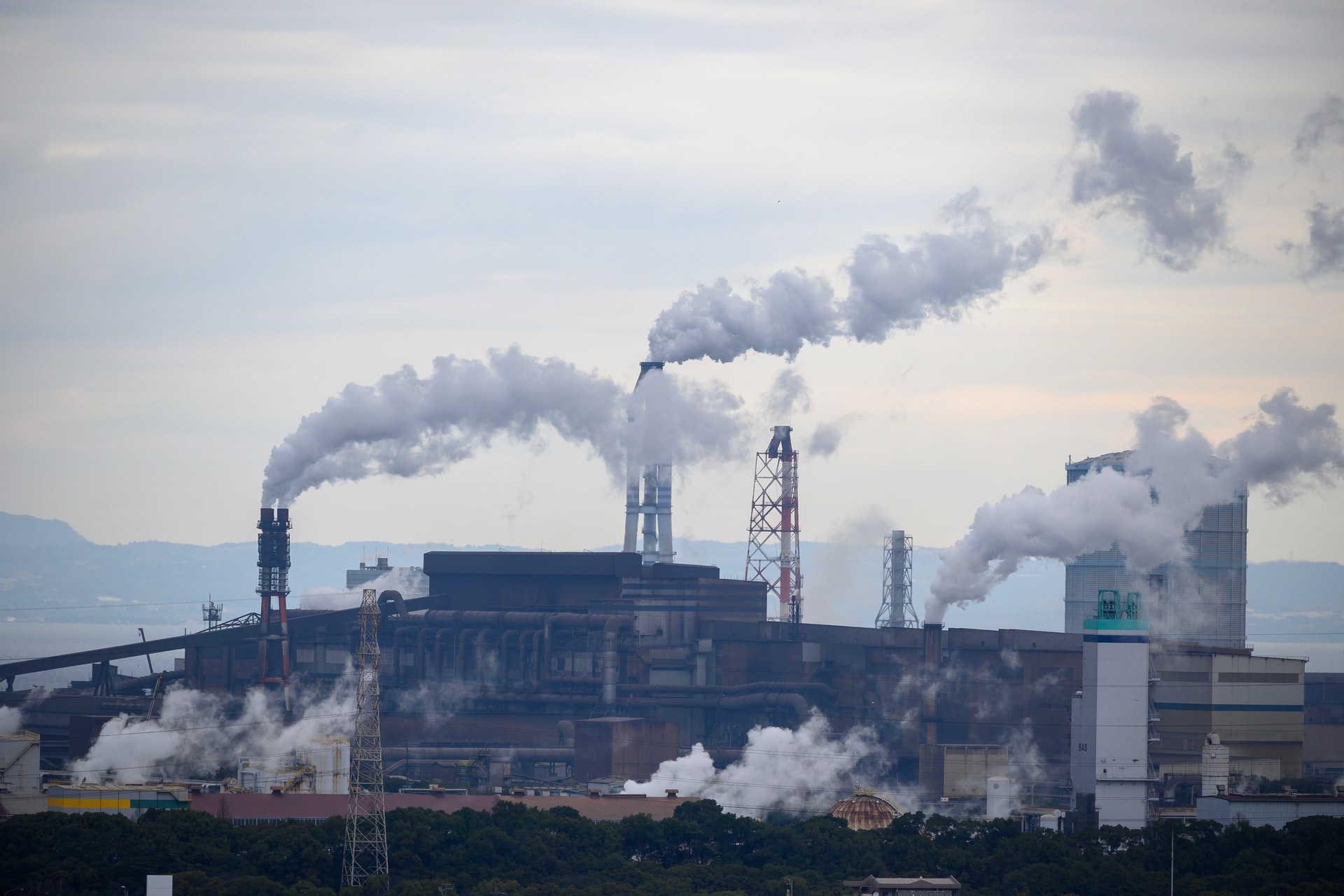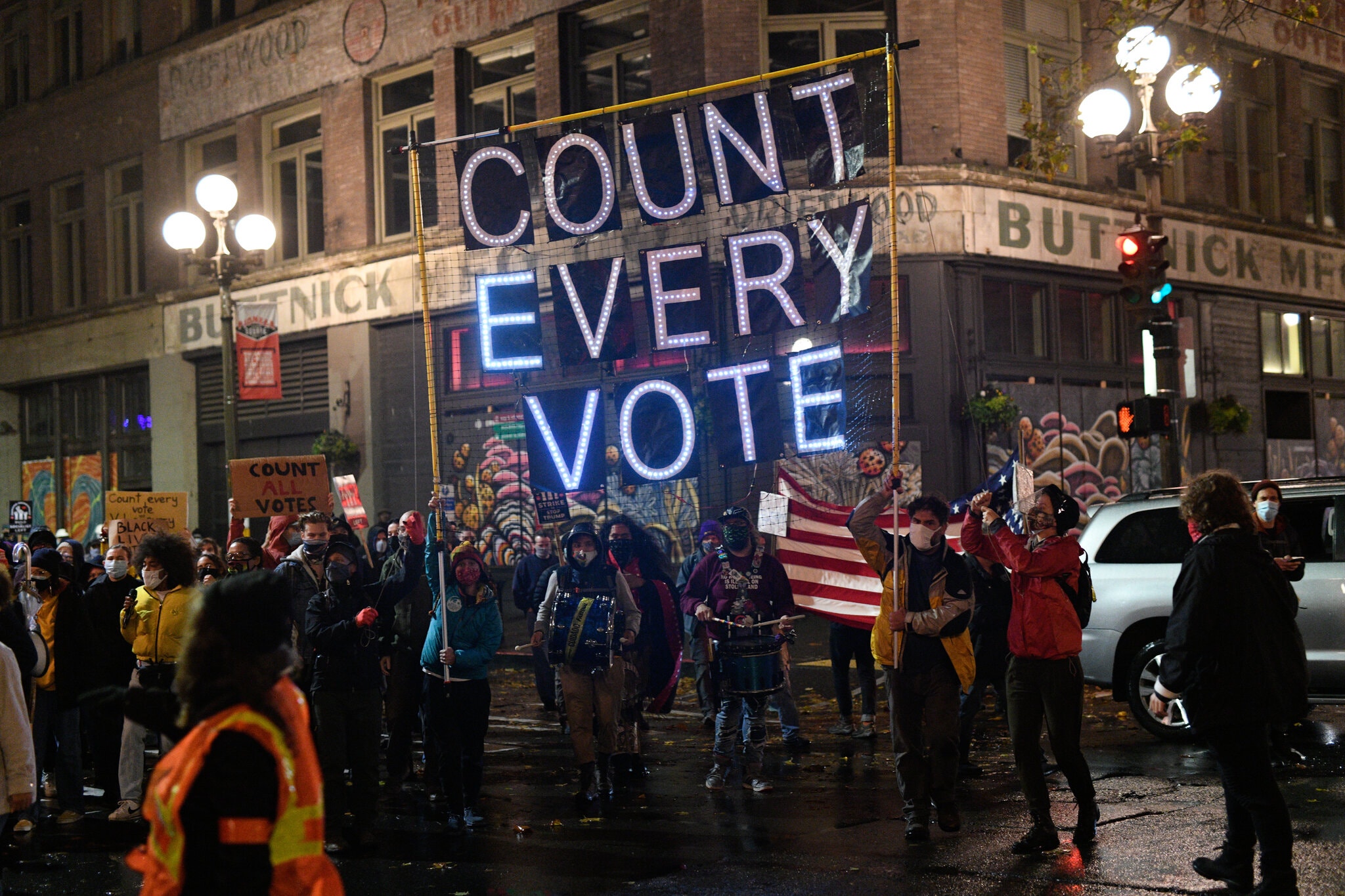We’re gaining momentum in King County Council – join our movement to put land in the hands of BIPOC communities!
Our coalition of BIPOC-led community organizations are urging council members to pass the motion for a county-wide equitable development initiative. Sign up to get updates on how you can support the movement leading to the next Council hearing on March 2nd.
Sign on as an organization | Sign up as an individual
What is an Equitable Development Initiative (EDI)?
Modeled off the success of Seattle’s EDI, the King County Equitable Development Initiative is a program that will invest much-needed funds in community-led land stewardship projects at all stages of the development process, including affordable housing, small business spaces, and cultural facilities.
Many of our BIPOC neighborhoods have experienced multiple waves of gentrification and displacement. We have watched our neighbors and communities get pushed out multiple times due to the increasing price of land. A county-wide equitable development initiative is an important initial step in our coalition’s vision to build long-term stability in our neighborhoods through community-driven and owned development that is not vulnerable to speculation.
Endorsements
Puget Sound Sage is proud to endorse SB 5751/HB 1868 – Improving worker safety and patient care in health care facilities
The WA Safe + Healthy campaign is a coalition of healthcare workers represented by SEIU Healthcare 1199NW, UFCW 21, and the Washington State Nurses Association. Together, they’re calling on lawmakers in Olympia to:
- Pass safe staffing standards that protect any one healthcare worker from dangerously high patient loads and create adequate enforcement to ensure hospitals follow safe staffing standards;
- Enforce existing overtime and meal and rest break laws to ensure our healthcare workers are getting their legally required break time and end the abuse of mandatory overtime;
- And invest in workforce development to increase the number of healthcare workers entering the field, an important part of addressing the hospital staffing shortage but only alongside safe staffing standards that also protect them from the massive burnout and unmanageable conditions our healthcare workers are currently facing.
Staff Updates
 Miya Forrest (she/her) started as Puget Sound Sage’s Finance Operations Director this month!
Miya Forrest (she/her) started as Puget Sound Sage’s Finance Operations Director this month!
Miya is from Oakland, CA and came to Seattle as an undergrad at the University of Washington, where she studied American Ethnic Studies and Community, Environment and Planning. She started her non-profit career in the International District right out of college, working part-time at Wing Luke, and at the International District Housing Alliance. Since then, she has spent the last 10 years developing her accounting and financial management skills, and working with local non-profits to implement strong accounting and operational systems. She is passionate about supporting community-based non-profits developing strong infrastructure and keep empowering their communities.
Tell us a little about your role.
“I will be overseeing the financial viability of Puget Sound Sage. You guys have the makings of a great infrastructure, so I’ll be working with the Internal team to keep things running smoothly, and plan for the future work of the organization. My job is to keep the accounting department in order so that external staff can keep pushing Sage’s mission to transform our communities.”
What might someone be surprised to know about you?
“Although I took Spanish in school, I truly learned to speak when my son was born. I practiced with him every day as a stay-at-home mom, in hopes that he would be able to communicate with his grandmother and extended family in Mexico. Today, I try to practice as often as I can with my in-laws and both of my children, and look forward to traveling the world with my family.”
What is a piece of advice you have gotten over the years that has stuck with you?
“Find something you love in life, and do it! My grandma signed my dad up for an endless number of activities as a child, so that as an adult he would always have something he enjoyed doing. People get so caught up in the idea of working hard in order to be successful that we have so little time to do things that simply bring us happiness. We become hyper-focused on work and other responsibilities and we finally get downtime to relax, we don’t even know what to do with ourselves. Instead of focusing on productivity and measuring success, I think my grandma’s line of thinking focuses on happiness and enjoyment of life. I think we can all benefit from slowing down our day and making time for something that makes us happy!”
We’re Hiring a Sage Leaders Political Director!
Our 501c4, Sage Leaders, seeks an experienced Political Director to lead its electoral programs that work to support progressive civic leaders of color. This position is ideal for a mission-driven electoral campaigns leader who wants to amplify the voices, experience, and expertise of communities we most need in public office. We are seeking someone who is passionate about community accountability, deep relationship-building, and racial equity, with strong campaign experience and project and people management skills. Read more.
Community Corner
Celebration of Africatown Plaza Groundbreaking Rings in New Affordable Housing. “A lot of times it looks very bleak but hopefully this is just a small light, a small candle, and if we keep lighting candles and then put our candles together, we can create a different situation.”
Black Farmers Sow the Seeds for the Future. A century after the height of Black farming, young land stewards pick up the plow.
Duwamish Valley Affordable Housing Coalition has received funding from the Displaced Tenants Fund! The coalition is hoping to use this funding towards preservation as they seek a well-preserved multi-family building in South Park to purchase and develop into permanently affordable rental units.
Seattle’s pandemic-era JumpStart tax brings in $231 million in first year. More than 60% of the revenue from the payroll tax will help with affordable housing, homeownership programs and go towards a community investment fund.
Sign on to make the gig economy #PayUp. We want to protect the flexibility & convenience of the gig economy — while also making sure companies don’t use it as an excuse for dramatically low pay, tip theft, and black-box pay algorithms.
Join UTOPIA Washington for their first ROOTED in Culture event of 2022, “Lanu Pasifika” as they explore the colors of the Pacific. “Lanu Pasifika” is a concept that allows community members to explore the beauty of Pasifika through the art of painting.
photo from South Seattle Emerald
Initially published on Friday, February 18, 2022


















